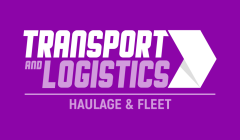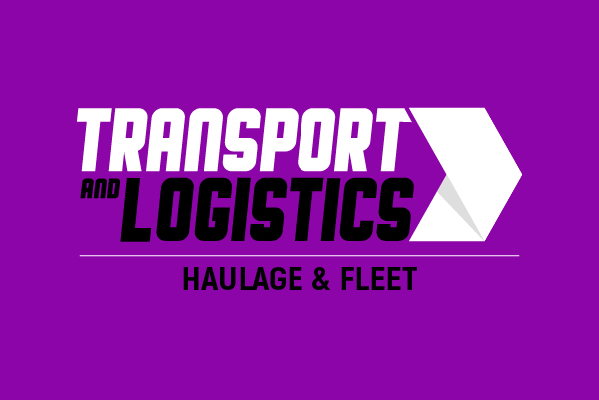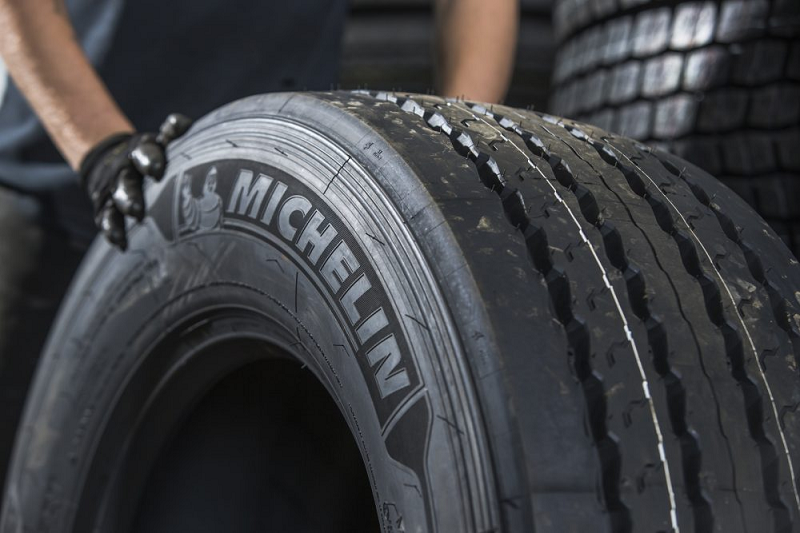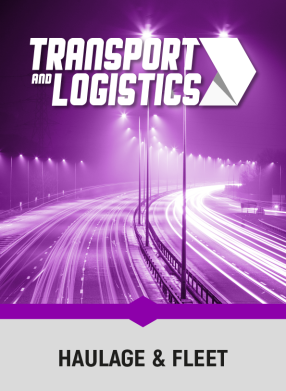Michelin has released figures that suggests more than 42% of truck fleets in the UK, that operate 51 or more vehicles are still purchasing their tyres on a transactional basis as opposed to managing their tyres in-house.
This process for purchasing and managing the tyre maintenance of their fleets could be more costly and damaging for the company’s environmental footprint. It is thought that tyres are one of the most significant operating costs when managing a fleet, therefore it is important to make sure that this essential part of keeping a fleet on the road is carried out in the most cost effective way possible.
Michelin has suggested that managing tyres properly could reduce the amount of tyre wear experienced while on the road, and therefore increase the life of the tyre, and could also reduce the fuel usage by levels which are considered to be financially beneficial as well as environmentally.
One of the poor maintenance habits some companies have is replacing their tyres prematurely, while a truck is already off the road undergoing maintenance. Michelin, the leading tyre manufacturer has said that this can directly affect the operator’s bottom line, by wastefully replacing tyres before it is required. Replacing tyres prematurely in favor of convenience is a waste of tread depth and cutting a tyre’s life short during their most fuel efficient phase.
Recommended by Michelin is a pence-per-kilometer, or PPK, contract which looks at fitting as few new tyre as possible. This style of contract looks to get every inch of use out of the tyres, but it is recommended that operators select a trusted supplier that has established a good track record. According to Michelin, this PPK contract is most beneficial for the medium and large sized fleets. Managing tyres in house can be the most efficient form of fleet management for a small and well-managed outfit, although it is important to keep an eye on expansion and whether the size of the fleet has expanded outside of the company’s effective control.












